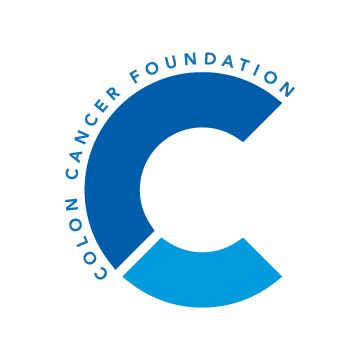- About Us
- Advertise / Support
- Editorial Board
- Contact Us
- CancerNetwork.com
- TargetedOnc.com
- OncLive.com
- OncNursingNews.com
- Terms & Conditions
- Privacy
- Do Not Sell My Information
- Washington My Health My Data
© 2025 MJH Life Sciences™ and CURE - Oncology & Cancer News for Patients & Caregivers. All rights reserved.
Colon and Rectal Cancer Can Be a Reality For Gen-X, Millennials, and Gen-Z
Colon cancer and rectal cancer are diseases that younger generations need to take seriously.
Colon cancer and rectal cancer, commonly grouped together as colorectal cancer (CRC), is on the rise among individuals under the age of 50, with the most notable increase observed amongst individuals aged 20-39 years, according to the American Cancer Society.
Recently, award-winning actor and “Black Panther” star, Chadwick Boseman, lost his 4-year long battle to colon cancer at age 43. Boseman’s tragic death provides an opportunity to convey the urgent message of how colon cancer can impact a young person’s health, even if they are younger than the suggested screening age for those at average risk--usually 50 years.
Colon and rectal cancer remain the third most commonly diagnosed cancer in the U.S., and fourth most commonly diagnosed cancer globally. In 2020, an estimated one million lives will be lost to CRC across the globe.
The main difference between colon cancer and rectal cancer is the location of the cancerous lesion(s). The last 12 centimeters of the large intestine is identified as the rectum, while the rest of the large intestine is classified as the colon. Differentiating between the two requires the help of a doctor and advanced imaging technology. Identifying whether a person has colon or rectal cancer is also important to identify the treatment strategy needed to fight the cancer.
Colon cancer has about a 2% risk of recurrence. Rectal cancer, on the other hand, has about a 20% chance of recurrence due to the absence of a protective layer called the serosa that exists in the colon. Rectal cancer even poses a greater risk of spreading to surrounding organs—a process known as metastasis.
Metastasis can complicate treatment as the cancerous cells break away from the original tumor and travel to other areas in the body, most commonly the liver. This process will also advance the cancer to stage IV, the most aggressive stage.
Recent trends indicating the steepest increase in incidence rates amongst younger age groups means young adults should pay careful attention to their gastrointestinal health. Though older age and aging are risk factors for CRC, colon and rectal cancers can both be attributed to varying lifestyle influences including diet, exercise, and alcohol consumption. Specifically, a low-fat diet high in fiber, fruits, and vegetables is best recommended for reducing the onset of colon and rectal cancer. Additionally, a colonoscopy is best recommended for identifying colon and rectal cancer, and is often called the “gold standard,” due to the ability to prevent 90% of CRCs.
Most importantly, visit a doctor if any of the following symptoms occur as they may be a sign of CRC:
Sudden or unexpected weight loss
Abnormal bowel movements that last for more than a few days
Bloody or dark stools
Cramping or pain in the abdomen
Weakness or fatigue
Prevention and detection are simultaneous in most cases, which is why it is important to “check your butt” as early as you can!
Related Content:




